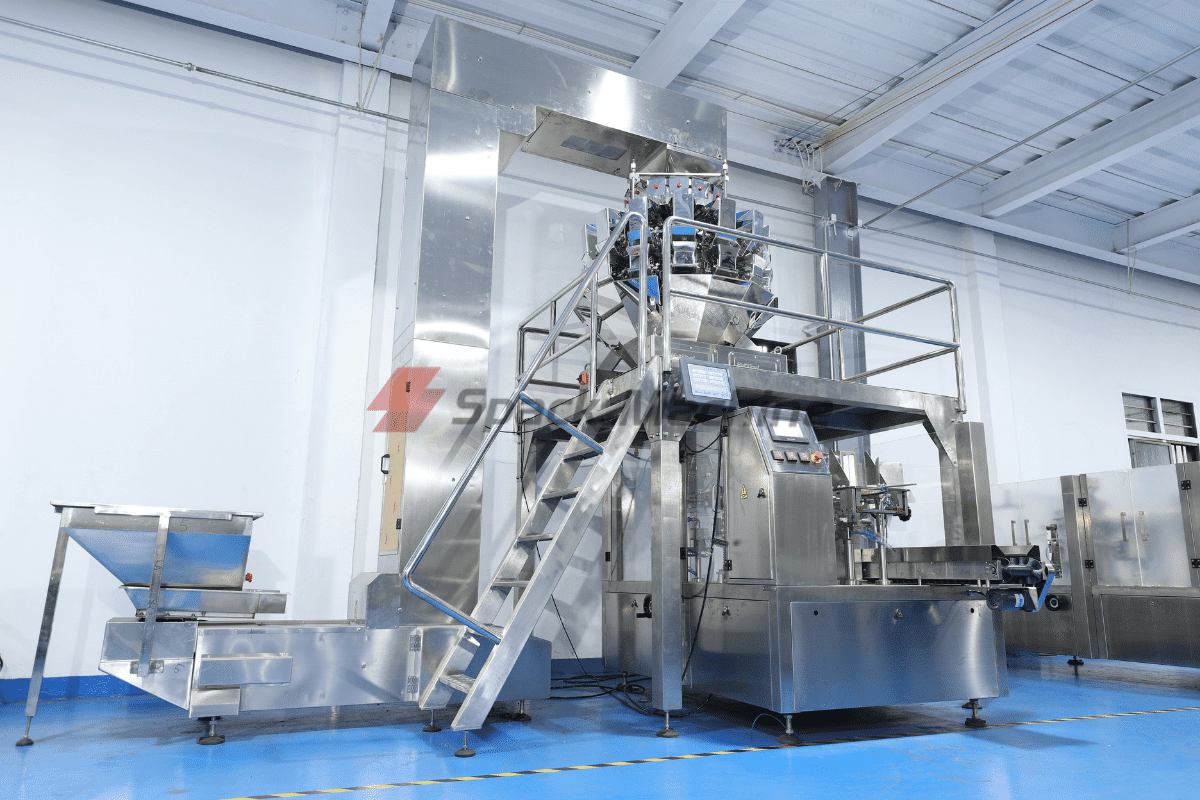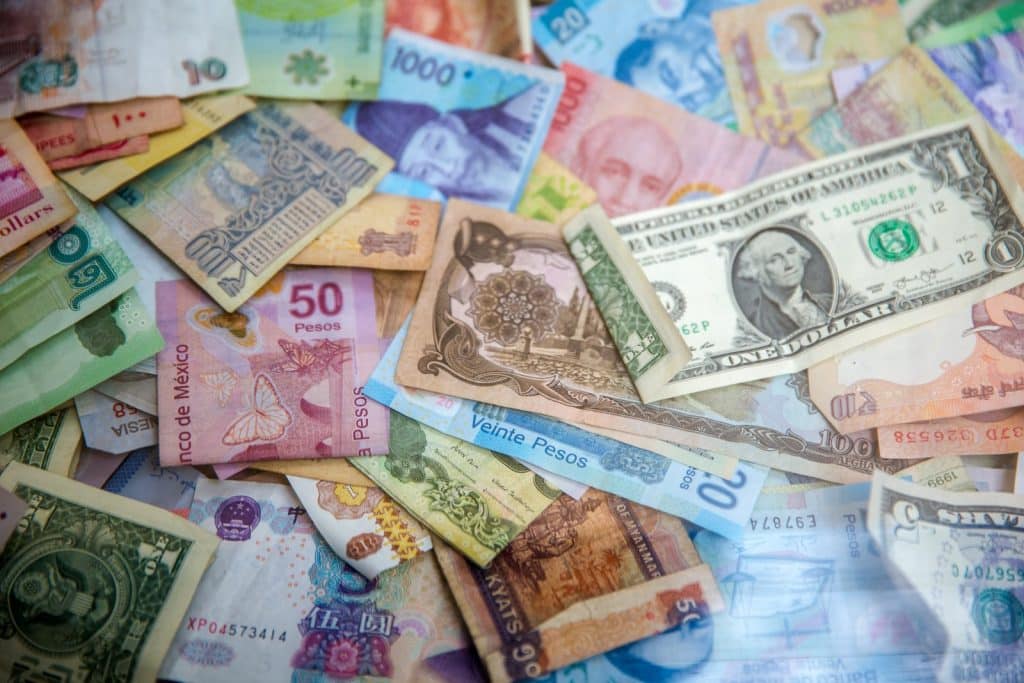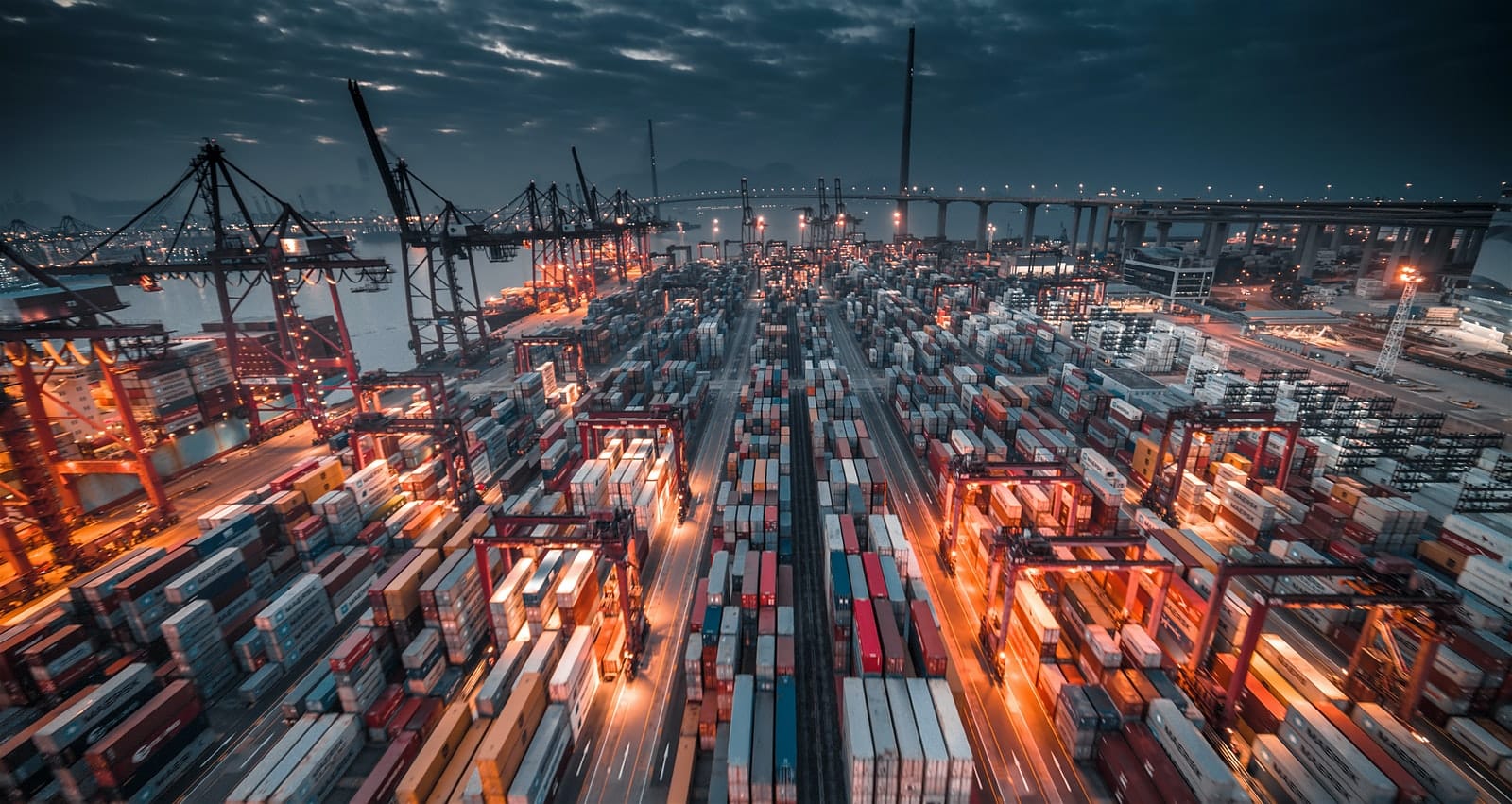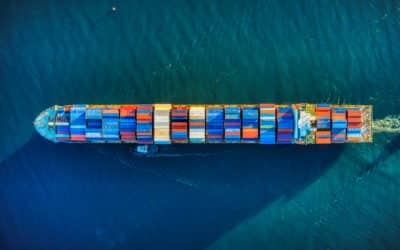If you’re like most business owners, you’re always on the lookout for ways to save money and increase your profits, especially with packaging machines. One way to do both is to import packaging machines from China.
And if you’re looking to boost efficiency while keeping costs low, then you should consider importing packaging machines from China.
While it may seem daunting at first, with a little planning and effort you can save a lot of money and get high-quality machines.
In this post, we’ll give you a brief overview of what to expect when importing machinery from China, as well as some tips on how to make the process run as smoothly as possible. So read on to learn more!
Advantages of Importing Packaging Machines from China

Importing packaging machines from China is one of the smartest ways to reduce your packaging costs and increase your profits.
There are several reasons why you might want to import packaging machines from China, but the two main advantages are cost and quality.
Cost-saving
When it comes to cost, Chinese manufacturers are typically able to produce packaging machines at a fraction of the cost of their Western counterparts. This is due to several factors, such as lower labor costs and cheaper materials.
These cost savings are then passed on to you, the buyer, in the form of lower prices. This can be a huge advantage, especially if you’re looking to purchase multiple machines or if you’re just starting and trying to keep your overhead costs low.
Another thing is that Chinese manufacturers are often willing to negotiate on price, and they are approachable and accommodating with custom requests. So if you have specific needs or wants, you can probably find a Chinese manufacturer that’s willing to meet them.
Quality
In addition to being more affordable, importing packaging machines from China ensures that you’re getting a high-quality product.
This is because the Chinese government has put in place strict quality control measures to ensure that all products exported from the country meet international standards.
So when you import a packaging machine from China, you can rest assured that it’s up to par in terms of quality and performance. This is especially important if you’re packaging delicate items or products that require special care.
Tips on Finding the Right Packaging Machine Supplier
One of the most important things to keep in mind when importing packaging machines from China is to find a reputable and reliable supplier. This can be tricky, as there are thousands of suppliers to choose from.
Here’s what you need to look for:
Company Experience
Professional suppliers can offer more suitable packaging solutions. They also have a team of experts who can provide guidance and technical support.
Most importantly, professional suppliers have the experience and know-how to get the job done right.
Companies must have over 10 years of experience in packaging machine manufacturing and export.
For sure, their experts are always on hand to offer guidance and support, and they have a proven track record of providing high-quality machines.
Product Quality
When it comes to packaging machines, you want to focus on quality over quantity. After all, these machines will be responsible for packaging your products, so you need to make sure that they’re up to the task.
The best way to gauge quality is by reading online reviews and testimonials. You can also ask for samples before making a purchase. This will give you a good idea of the supplier’s products and whether or not they meet your standards.
Feedback from previous customers is a good indicator of a supplier’s quality. You can also ask for product samples before making your purchase to get an idea of what you’re getting.
Delivery Timeframe
You don’t want your packaging machines to arrive late, so be sure to ask about the delivery time frame before placing your order.
A good supplier should be able to give you a realistic delivery date and stick to it. They should also keep you updated on the status of your order so that you’re never left in the dark.
Certification / License
It’s one of the factors for the machine quality, and more important is that some countries must import the machine. Certification and or license are granted by Chinese authoritative organizations, and the supplier shall show it to you if you ask for it.
There are many certified and licensed packaging machine manufacturers and suppliers.
If present this to you, it means that their machines meet all the necessary quality standards, and they’re also approved for export to most countries.
Customer Service
You’ll want to make sure that the supplier you choose has excellent customer service. This is important because you’ll likely have questions or need support at some point during the process.
Look for a supplier that’s responsive and always available to help. Companies must have a team of experts who are always on hand to answer your questions and provide support.
Visit the Supplier in Person
Visit the supplier by a person is the best way, having a video call or asking the QC company to check is also a good way to verify a real supplier. Meeting them must give you a better idea of their business practices and whether or not they’re truly professional.
You can also ask to tour their facilities so that you can see the machines for yourself. This is a great way to get a first-hand look at the quality of their products and packaging solutions.
When it comes to finding the right packaging machine supplier, it’s important to do your research. In our next outline, we are to discuss some of the well-known packaging suppliers in China.
Packaging Suppliers in China
Alibaba
Alibaba Group Holding Limited, more often referred to simply as Alibaba, is a Chinese multinational technology business that specializes in e-commerce, retail, the Internet, and technology. Alibaba is under the umbrella of Alibaba Group.
You may find items spanning over 40 different key categories, such as consumer electronics, fashion, and equipment, among the hundreds of millions that are available to you on Alibaba.com.
The buyers for these items come from over 190 different countries and regions, and each day they communicate with the platform’s vendors in several ways totaling hundreds of thousands of messages.
In terms of packaging machines, there are several machines on Alibaba that you can source from.
Made-in-China.com
Made-in-China.com is a subsidiary of Focus Technology Co., Ltd., and it’s one of the most popular B2-B platforms in China. It connects international buyers with Chinese suppliers, and it offers a wide range of products, including packaging machines.
More than 40 million individual pieces of product information are presently available on Made-in-China.com, which covers 27 different product categories. Made-in-China.com offers a variety of ways for worldwide buyers to source items.
These methods are based on the fact that different customers have varied requirements for the products they want to purchase.
Global Sources
Global Sources is a business-to-business media company that provides services to facilitate trade between buyers and suppliers. It offers a wide range of marketplaces, including packaging machines.
Internationally acclaimed B2B sourcing platform Global Sources has been in operation for more than 50 years.
Customers and suppliers throughout the globe may get specialized solutions and reliable industry knowledge via trade events, internet platforms, and periodicals provided by the firm.
Tradeshows in China
If you want to find suppliers in China, one of the best ways is to attend a trade show. This is because you can meet face-to-face with suppliers and see their products firsthand.
How to Settle Your Payment
To settle your payment, we suggest that you start paying the 30% as a downpayment and the 70% before the shipment. This is to make sure that both you and the supplier are protected.
The most common payment terms are T/T (Telegraphic Transfer) or L/C (Letter of Credit).
For T/T, you will need to wire the money to the supplier’s bank account, and for L/C, you will need to set it up with your bank.
L/C is a bit more complicated and we will discuss this in more detail in our next article.
If you have any questions or need help sourcing packaging machines from China, feel free to reach out to us and we’d be happy to assist you.
Different Terms for International Trade
There are also different terms for international trade that you should be aware of, such as CFR, CIF, EXW, FOB, DDU, and DDP.
CFR (Cost and Freight)
The acronym “Cost and Freight” (CFR) is a legal phrase that is used in contracts involving international commerce.
When a deal is specified to be cost plus freight in a contract, the seller is obligated to make arrangements for the shipment of goods by sea to a destination port and provide the buyer with the records necessary to obtain them from the carrier.
The buyer is also responsible for paying for the cost of the shipment.
CIF (Cost, Insurance, and Freight)
CIF, or cost, insurance, and freight, is a shipping agreement that specifies the fees paid by a seller to cover the costs, insurance, and freight of a customer’s order while it is in transit across international borders. CIF stands for the abbreviation for “cost, insurance, and freight.”
The terms cost, insurance, and freight are used only for the shipment of products by waterway, sea, or ocean.
EXW (Ex Works)
In shipping contracts, the term “ex-works” is often used. Sellers are only bound to deliver to a certain location under these agreements, and the buyer is liable for all transportation costs.
FOB (Free on Board)
The term “free on board,” also known as “freight on board,” is a designation that is used to denote when responsibility and ownership of goods are passed from a seller to a buyer.
The phrase “free on board” specifies who is responsible for the cost of replacing or repairing damaged or lost items if they are sent.
DDU (Delivered Duty Unpaid)
Delivered Duty Unpaid, or DDU, is an international commerce phrase that indicates that the buyer is responsible for paying import duties and the seller is responsible for ensuring that the items safely reach their destination.
Delivered Duty Paid (DDP), on the other hand, means that the seller is responsible for paying all taxes, tariffs, and clearing fees associated with importation.
DDP (Delivered Duty Paid)
DDP stands for “delivered duty paid,” which refers to a kind of delivery arrangement in which the seller is responsible for all of the expenses, risks, and responsibilities connected with carrying the goods until the buyer gets or transfers them at the destination port.
As you can see, there are a lot of different terms for international trade, and each one has its own set of rules and regulations. You must understand these terms before you begin sourcing products from China.
Takeaways
If you’re looking for a packaging machine from China, it’s important to understand the different terms and conditions that apply to international trade.
Make sure you know what each term means and how it affects your purchase. We hope this article has helped explain some of the key terms that you need to know when sourcing packaging machines from China.
Happy sourcing!









0 Comments